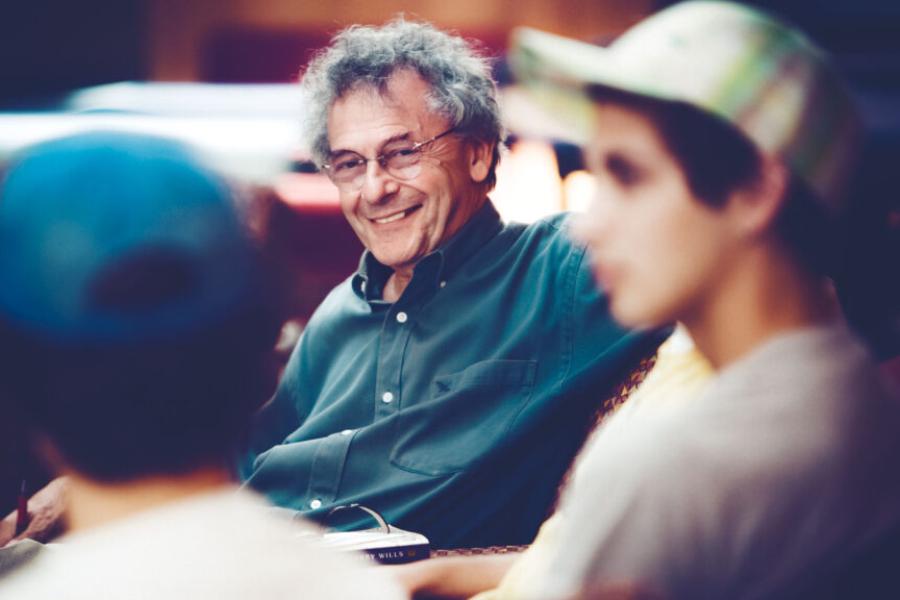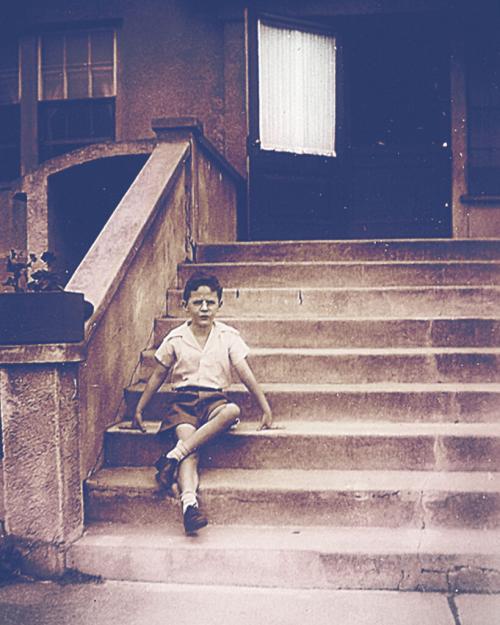"I never felt burdened by the hell that was my early life, or if I did, I repressed it,” Isaac Kramnick writes in his memoir. “Repression and denial, when they work, can be effective coping mechanisms, the backbone of resiliency.”
A renowned scholar of political thought and history, Kramnick, who passed away in December 2019, served on the Cornell faculty for more than 45 years.
At the time of his death at age 81, a memoir he’d written—tracing his early life, from his birth into an unstable family through several foster placements and his undergraduate days—remained unpublished. Now, a longtime colleague and friend has helped bring the book—Foster Child: A Midcentury Jewish American Boyhood—to print.
With the blessing of Kramnick’s family, Ross Brann, the Milton R. Konvitz Professor of Judeo-Islamic Studies, pitched the book as part of his department’s “occasional publications” series, served as its editor, and contracted with Penn State Press to print it.
Read the full story in Cornellians.





